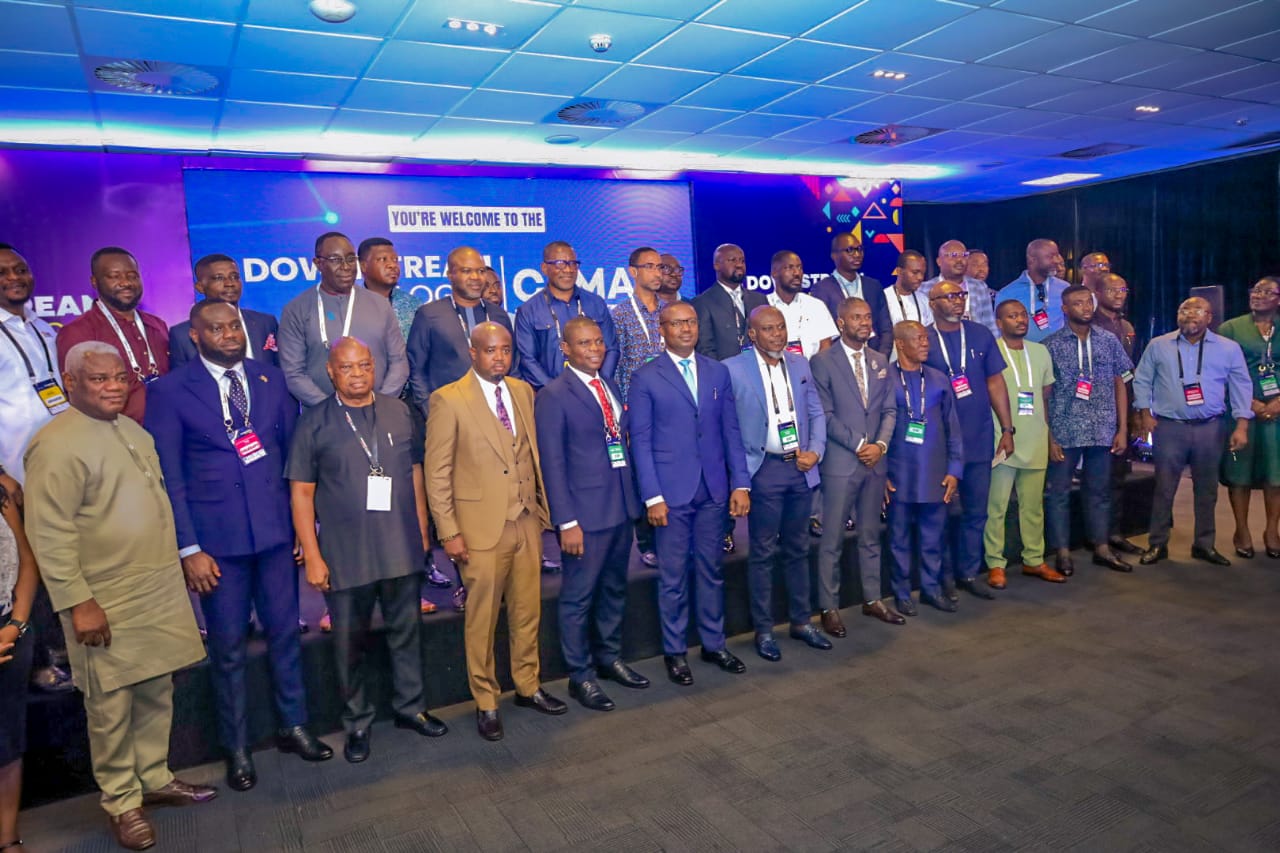
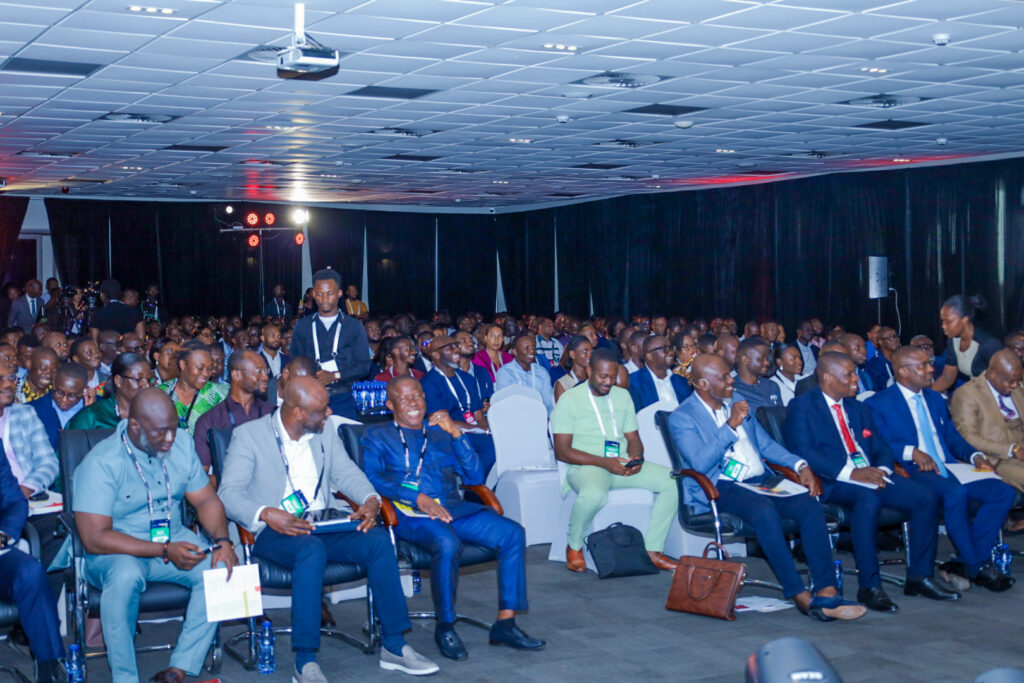
The Rise of AI in Energy: Transforming Upstream and Downstream Operations
Artificial intelligence (AI) is revolutionising industries worldwide, and the energy sector is no exception. In the upstream petroleum industry, AI-driven solutions have significantly enhanced exploration, drilling, and production efficiency. Predictive analytics, machine learning models, and automated monitoring systems now play a crucial role in optimising reservoir management and minimising operational risks.
However, while the upstream sector has widely embraced AI, the downstream petroleum industry in Ghana is yet to fully tap into its potential. In a sector characterised by safety concerns, regulatory challenges, and operational inefficiencies, AI presents a powerful solution to mitigate risks and enhance efficiency. With rising demand for petroleum products and increasing regulatory scrutiny, technology-driven solutions can redefine safety and sustainability in Ghana’s downstream sector. It is against this backdrop that the recent COMAC Downstream Dialogue as part of its focus areas convened to explore these pressing issues, bringing together industry experts to discuss challenges and innovative solutions, including the role of AI in shaping a safer, more efficient industry.
COMAC Downstream Dialogue: A Platform for Industry Transformation
The COMAC Downstream Dialogue opened at the Royal Fiesta Hotel in Accra with an electrifying atmosphere of urgency and optimism. Under the theme Ghana’s Downstream Oil and Gas Sector: Challenges and Opportunities, the event gathered key stakeholders, including regulators, policymakers, and industry leaders, intent on diagnosing the challenges hampering the sector’s growth and identifying sustainable solutions. The two-day discourse, led by some of the most influential voices in Ghana’s energy landscape, explored a wide range of issues highlighting the strategic steps necessary for industry transformation.
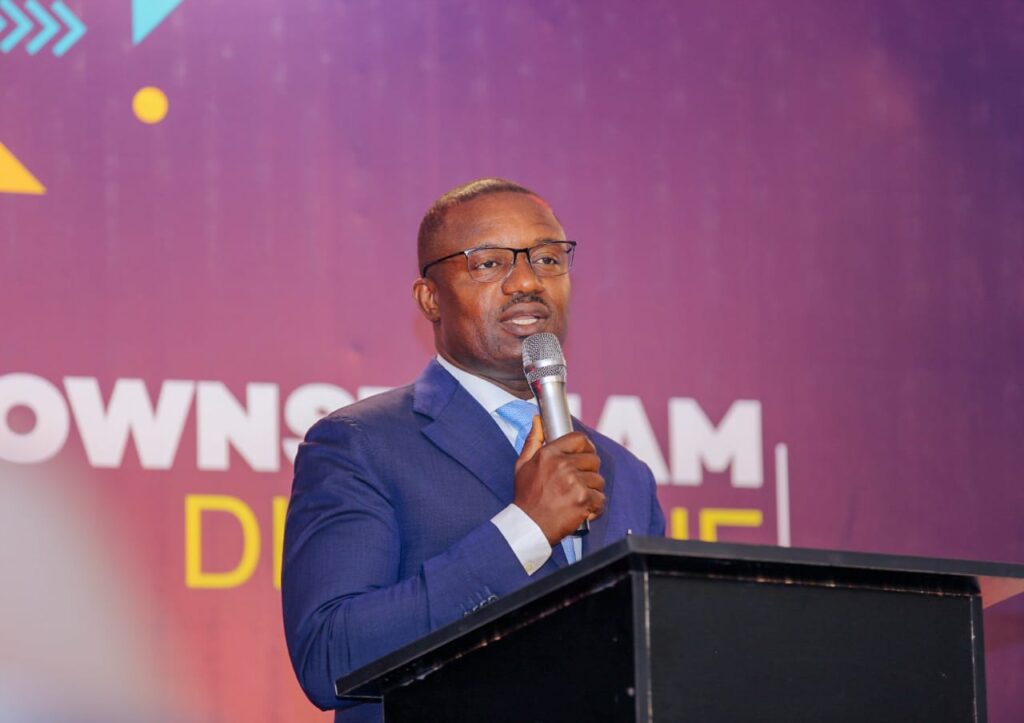
A key moment of the dialogue was the address by the Special Guest of Honour, Hon. Dr. John Jinapor, Minister of Energy and Green Transition. His remarks highlighted both the progress and the persistent bottlenecks within Ghana’s downstream petroleum sector. He underscored the need for enhanced regulatory frameworks, fiscal policies to stabilise fuel prices, and increased local content participation. Central to his message was the call for a Petroleum Downstream Committee to oversee refining, distribution, marketing, and price formation. Dr. Jinapor also emphasised the need for stronger safety measures, a sentiment that resonated deeply with the industry players present.
Among the critical topics discussed were policy development, regulatory reforms, local content participation, and the role of technology in enhancing efficiency and safety.
Reservoir Management Group (RMG) Brings AI Solutions to Downstream Safety
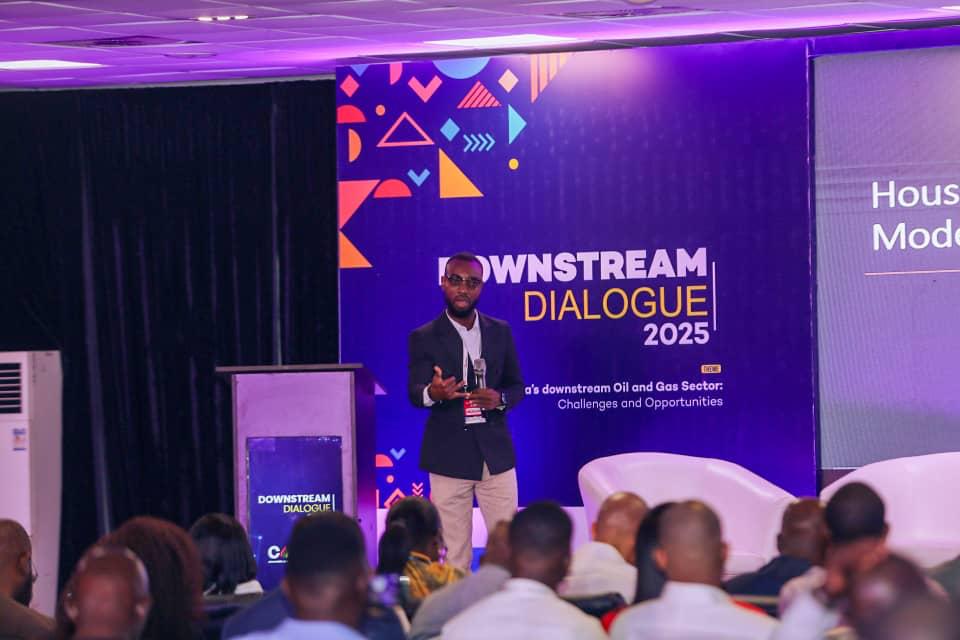
One of the standout participants in the Downstream Dialogue was the Reservoir Management Group (RMG), a leading Ghanaian petroleum geosciences and engineering consultancy with a strong presence in the upstream sector. While RMG has traditionally focused on upstream reservoir management, the company is now strategically positioning itself to offer AI-driven solutions to enhance safety and efficiency in the downstream sector.
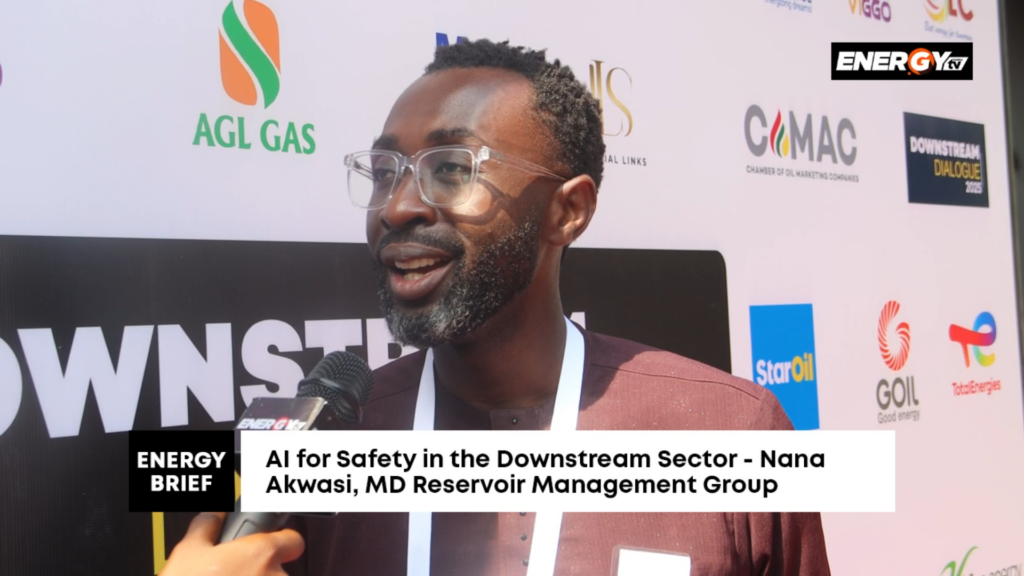
Speaking at the event, Nana Akwasi, Managing Director of RMG, emphasised the pressing need for AI-driven safety solutions in the downstream sector. He highlighted the industry’s ongoing struggle with regulatory bottlenecks and lack of enforcement, which often results in heightened risks. According to him, RMG’s AI solution, Veunex, is designed to address these concerns. The platform offers real-time safety monitoring, leveraging AI-powered cameras and analytics to detect safety breaches, ensuring quick decision-making and proactive risk mitigation.
“One of the things we have to look at is safety in this part of the world. We don’t take it as seriously as we should because there is no strong enforcement from regulators. Our AI-powered solution, Veunex, provides an effective and accountable safety mechanism for companies. Instead of relying solely on an HSSE manager, companies can now leverage AI to monitor operations in real time and receive instant alerts when safety protocols are violated,” he explained.
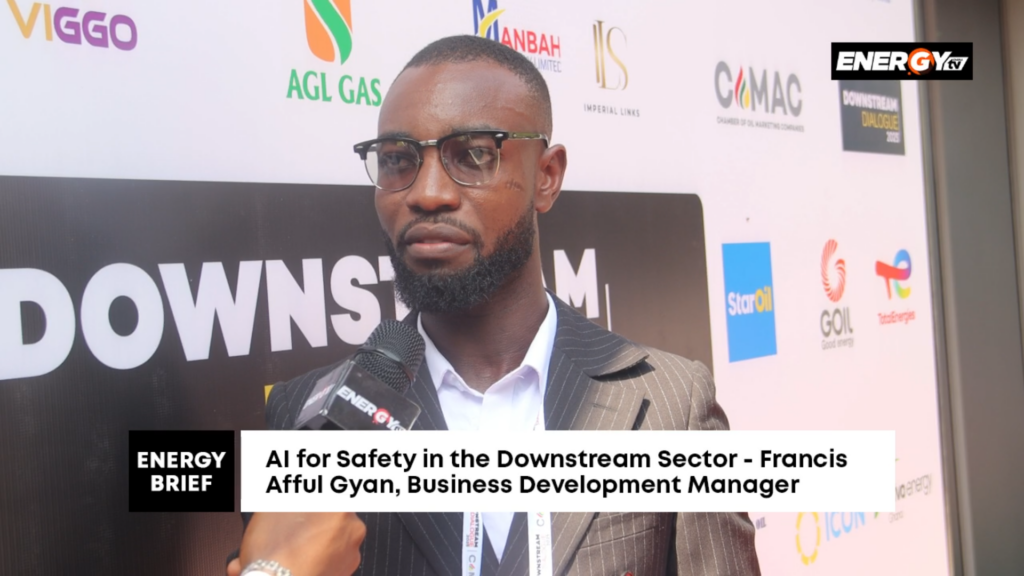
Francis Afful Gyan, Business Development Manager at RMG, echoed these sentiments, stressing the adaptability of their AI solution to meet the specific needs of downstream operations. He pointed out that the system is designed not just for real-time risk mitigation but also for proactive compliance.
“Our solution is engineered to detect patterns of non-compliance and suggest remedial actions such as training programs for employees. It can also be customised to oversee PPE usage, vehicle safety, leakages, and other critical safety measures. Given that we have successfully deployed this in the upstream sector, we believe it is time to introduce these solutions downstream to enhance safety and efficiency,” Gyan noted.
Reservoir Management Group: A Trusted Name in Energy Solutions
Reservoir Management Group Limited (RMG) is a 100% Ghanaian-owned company registered under the Companies Act, 1963 (Act 179). Licensed by the Petroleum Commission of Ghana, RMG provides comprehensive petroleum geosciences, subsurface, and reservoir engineering services. The company’s expertise spans full-field lifecycle solutions, from exploration to production, aimed at improving reservoir understanding and optimising recovery.
As Ghana’s oil and gas industry evolves, RMG is committed to expanding its impact by introducing cutting-edge AI solutions to the downstream sector. By bridging the gap between technology and safety, RMG is not only reinforcing its position as an industry leader but also contributing to the transformation of Ghana’s petroleum landscape.
The Future of AI and Safety in Ghana’s Downstream Sector
As the dialogue at COMAC made clear, the future of Ghana’s downstream petroleum industry hinges on innovation and regulatory alignment. AI-driven solutions like Veunex offer a glimpse into a future where safety is proactive rather than reactive, where compliance is streamlined, and where risks are mitigated before they escalate into crises.
However, the success of such technological interventions depends on industry-wide adoption and regulatory support. If Ghana is to achieve a safer, more efficient downstream petroleum sector, companies and policymakers alike must embrace AI-driven solutions. With companies like RMG leading the charge, the integration of AI into downstream operations could soon become the standard rather than the exception, ushering in a new era of safety, efficiency, and sustainability for Ghana’s energy sector.
Source: Energy Ghana







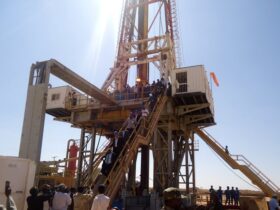




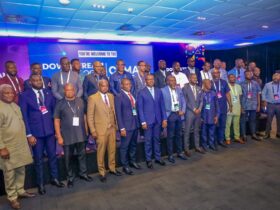


Leave a Reply